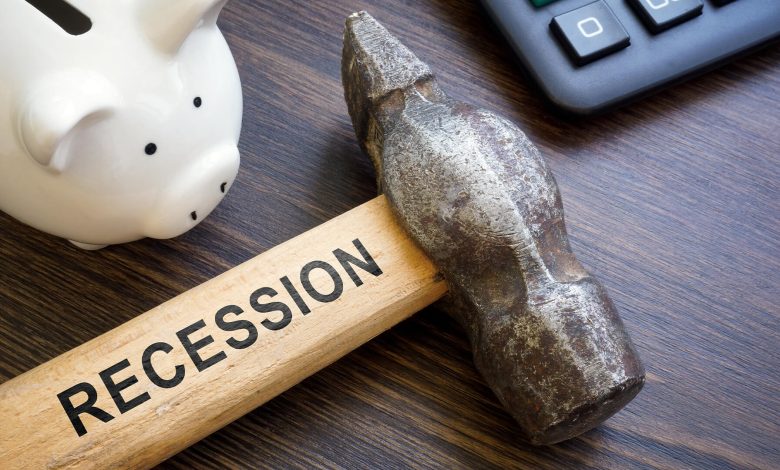
How To Save Money And Make It Through A Recession?
With rising debt, changing markets, and falling oil prices, it could save your life to know how to save money in case of a recession. If things get really bad, you need to know how to get through a recession.
We can’t stop a recession from happening, but we can decide how to respond to it and how to get ready for it. Before the next economic slump, take these precautions to protect your finances.
Save money
If you can, try to save enough money to cover three to six months’ worth of bills. So, if the economy goes down and money is hard to come by, you won’t have to use credit.
When people make the mistake of using credit as a safety net, it often comes back to bother them years later. Most people aren’t ready for the fact that they will need more money than they have now to pay back the money they borrowed during hard times, plus interest.
Difficult situations always last longer than you think they will, and the debts that come from them are always more than you thought they would be.
Most people are used to spending their whole paychecks on living costs, so they don’t have any extra money to put toward paying off this debt. To be able to pay back the debt with the money they have now. They will either have to drastically cut their standard of living or make a huge amount more money.
But, if you need some funds immediately, then you can also go for loans for unemployed from direct lenders. It is important to start saving money before there is a financial downturn. It is because you may not be able to save money during a recession. After all, you will have other things to do.
Make a budget plan and pay off debt
During a recession, it may be hard to pay for day-to-day expenses, let alone make debt payments.
This could cause your debt to get out of hand. When you have a lot of debt, you put yourself in a lot of danger. It is because even a small change in your situation could make it hard for you to pay back your bills.
Even if you can make your payments right now, things could change for the worse if you lost your job. Interest rates went up, or banks lowered the credit limits they offered.
The first step to successfully paying off your debts is to make a budget for your household that accurately shows how much money is coming in and where it is supposed to go. This budget should reflect how much money comes in.
If you’re not paying off your debt as quickly as possible, a budget will help you minimize spending so more money can go toward debt. If you don’t make a budget, you won’t know where you can cut back on spending because you don’t have enough money.
Downsize to live on less money.
If you can learn to get by with less, you’ll be able to save more money and won’t have to change your way of life when a recession hits.
Downsizing and learning how to live on less can be a great way to prepare for a recession. If you can learn to get by with less, you’ll save more money and won’t have to struggle to adjust to a new way of life.
Many people think that living a modest life means squeezing every last penny out of life and giving up the things that make you happy. But that’s not true. Living on little money doesn’t have to be as hard as it sounds.
Instead, it’s about making choices about how you spend your money that may save you money but don’t change how you live.
Make sure your cuts aren’t too deep. If so, using this method in the future will be difficult. Getting good at making do with less is the key to being able to live well during a recession.
Make sure your investments are spread out.
Not only should you have different sources of income, but you should also have different kinds of investments. If your investments go wrong, in that case, you can keep loans for unemployed with no guarantor as a backup option.
If most of your money is in the stock market, a drop in the economy could be disastrous for your finances. in case all your money is in one investment, this isn’t true. Spreading out your assets is also important. Make sure your money is distributed across industries and assets in your investment portfolio.
This will make it less likely that a drop in the market will hurt your investments and will keep your losses from being as big. Diverse investments can protect your money.
Buying real estate, like a house, condo, or even land, is a common type of investment that, in most cases, grows in value over time. Investing in stocks, especially in an index of the stock market, can help your portfolio grow.
On the other hand, bonds have traditionally been thought of as a smart way to make money. Consider investing abroad too. Spreading your holdings across several countries could make you less vulnerable to the effects of an economic slowdown.
Conclusion
To sum up, it’s important to have a good emergency fund, learn how to live in a more frugal way, and have more than one source of income.
These are just a few ways to save money that could help you stay financially stable during a recession. We can’t stop a recession, but we can prepare financially. Do long-term savings through early prevention. If the economy takes a turn for the worse, you have nothing to worry about if you are self-sufficient and have your finances in order.
You can choose to live in peace instead, knowing that even though you can’t control the world, you are in charge of your money and are ready for whatever comes your way.



